On November 15, 2016, Grand Challenges Explorations grants were announced for 56 researchers from around the world. Each will receive $100,000 to conduct early-stage research projects focusing on one of four global health and development challenges selected for this Round.
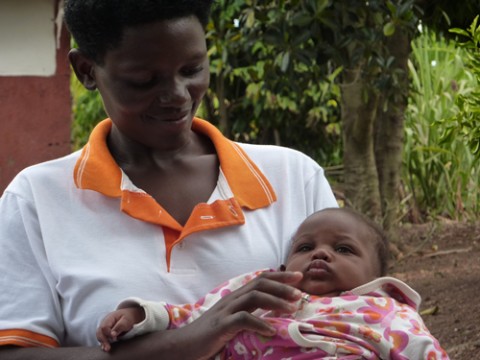
Rebecca Thornton of the University of Illinois at Urbana Champaign in the U.S. will test whether access to home pregnancy tests and thereby earlier confirmation of pregnancy status in rural areas of sub-Saharan countries encourages family planning.
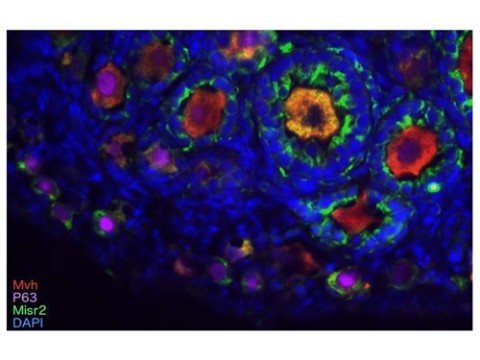
Patricia Donahoe of Massachusetts General Hospital in the U.S. will use their cell-based screening platform to develop lower cost and more effective female contraceptives to promote wider use.
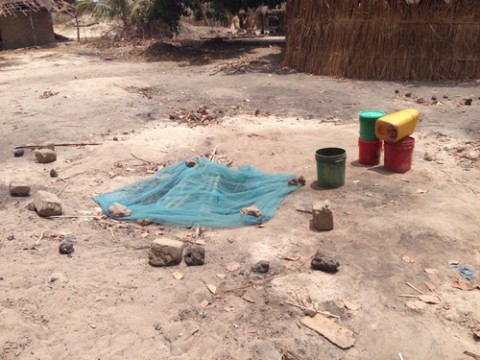
Kathryn Colborn of University of Colorado Denver in the U.S. will develop a statistical model to predict future outbreaks of malaria and help identify the most effective intervention strategy.
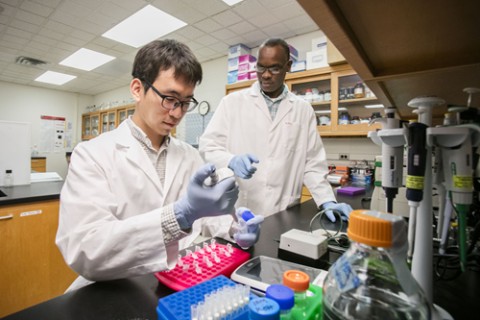
William Witola of the University of Illinois in the U.S. will help develop new drugs for treating children infected with the protozoa Cryptosporidium by using a gene knockdown approach to evaluate candidate drug targets
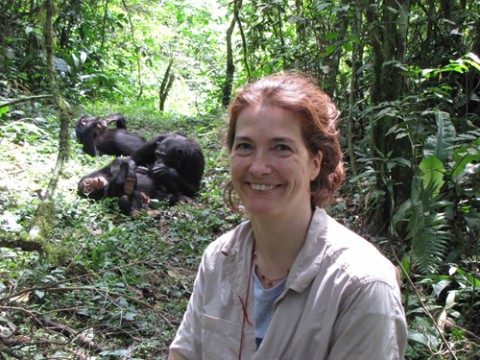
Rebecca Stumpf of the University of Illinois in the U.S. will develop an approach that incorporates the role of many different organisms to track, model, and prevent the transmission of antimicrobial resistance in Western Uganda, where it is a major problem exacerbated by poverty and disease.
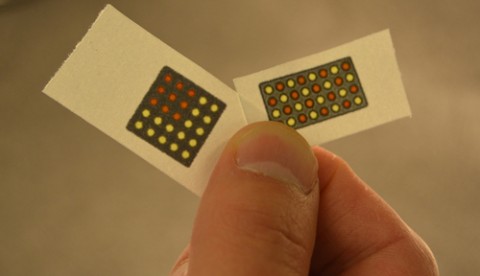
Alexander Green of Arizona State University in the U.S. will develop molecular technologies, hosted by cell-free systems embedded into paper, to create point-of-care diagnostics for multiple diseases at low-costs.
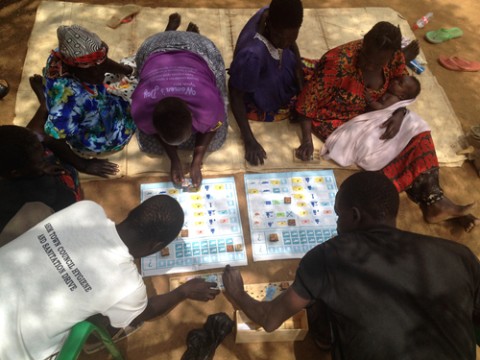
Elmar Stroomer of Design without Borders Uganda Ltd. in Uganda will develop an interactive game combining methods from game-based learning to collect data on decisions made around family planning in Uganda.
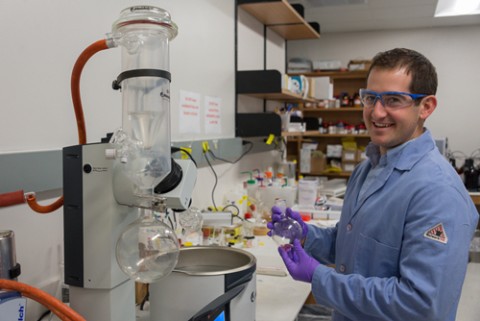
Martin Matzuk, along with Nicholas Simmons of Baylor College of Medicine in the U.S. and Masahito Ikawa of Osaka University in Japan, will build a male contraceptive drug discovery platform comprising a library of two billion small compounds generated by DNA-Encoded Chemistry Technology (DEC-Tec) at relatively low cost, and a panel of male-specific fertility proteins.
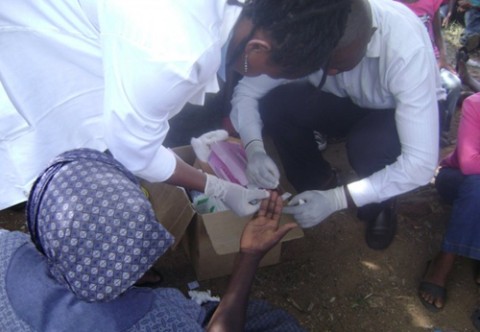
Thomas Churcher of Imperial College London in the United Kingdom will develop an analytical method to more accurately determine the origin of new cases of malaria in regions with low levels of the disease, which is critical for elimination efforts.
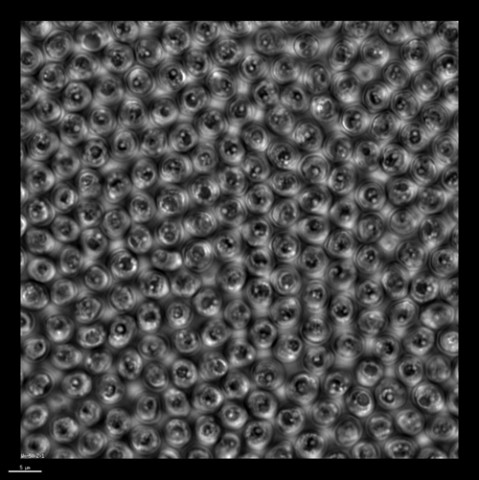
Boris Striepen of the University of Georgia in the U.S. will develop a new, more natural mouse model for cryptosporidiosis, which is a leading cause of severe diarrhea in children, to help identify effective treatments.
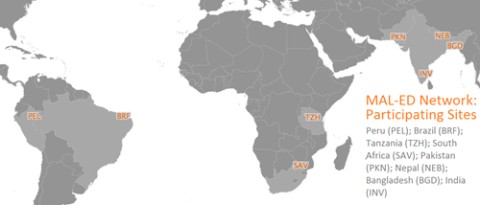
James Platts-Mills of the University of Virginia in the U.S. will quantify the effect of factors, including antibiotic use and hospitalization, in infants on the subsequent incidence and spread of drug-resistant pathogens in developing countries.
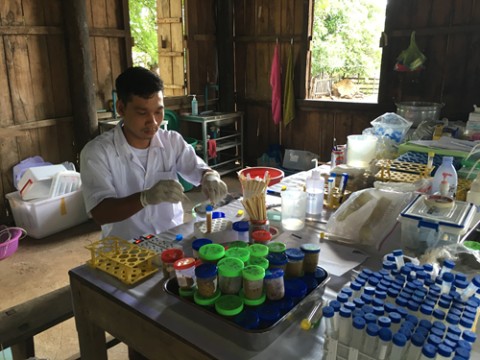
Rebecca Traub of the University of Melbourne in Australia will develop a method to preserve fresh stool so that it can be transported over longer distances to central laboratories and used to diagnose intestinal parasites and monitor the different types.
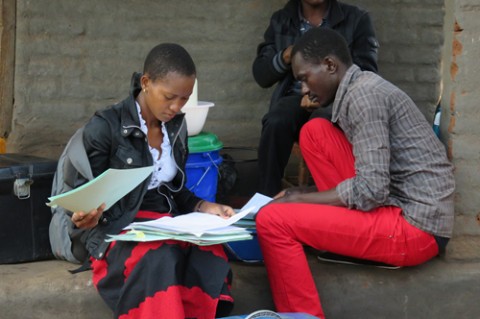
Alison Norris of Ohio State University in the U.S. will perform a prospective study to assess how individual’s contraceptive needs and identified barriers explain contraceptive use over time for developing a simple tool to prevent unintended pregnancies in Malawi.
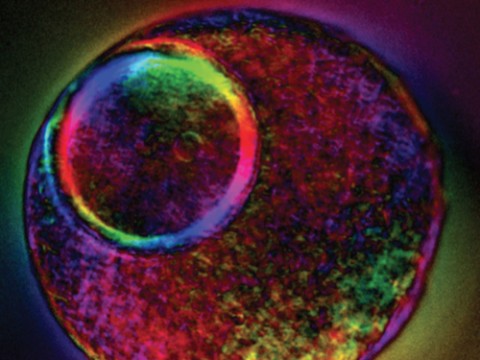
Teresa Woodruff of Northwestern University in the U.S. will develop an ovulation model using cultured mouse ovarian follicles with hormones delivered by a series of microfluidic and microdynamic systems to produce a menstrual cycle over 28 days comparable to humans for high-throughput discovery of new contraceptives.
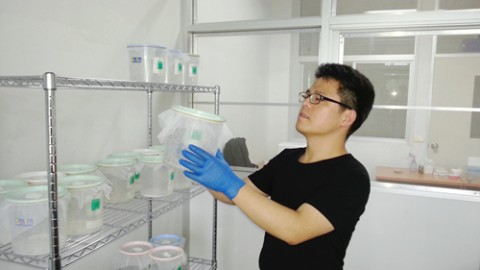
Yang Cheng of Jiangnan University in China will develop a smartphone application to track Chinese individuals who move to work in other countries with high levels of malaria.
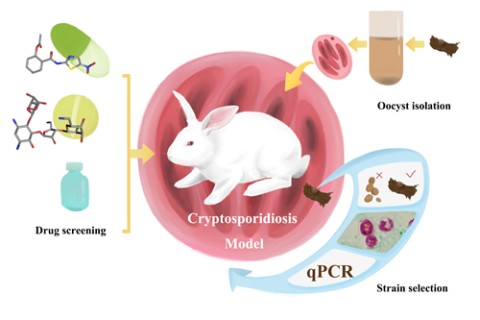
Xun Suo of China Agricultural University in China will develop a rabbit model of Cryptosporidiosis that mimics the human disease, which presents as severe diarrhea particularly in young children, to help identify new treatments.
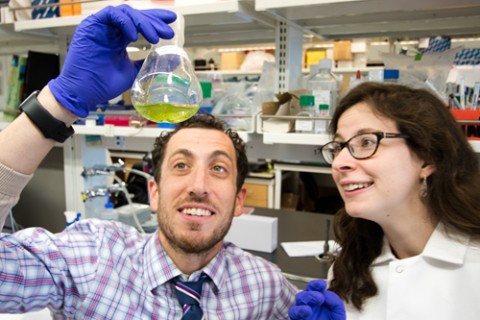
Gautam Dantas of Washington University in the U.S. will measure the effect of the routine use of antibiotics to treat severe malnutrition or to minimize the risk of HIV infection in young children, on the bacterial populations and antimicrobial resistance genes in the gut.
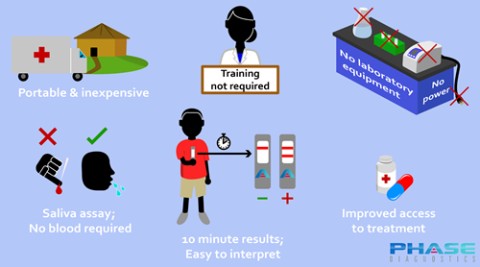
Ricky Chiu of Phase Diagnostics Inc. in the U.S. will develop a new paper-based oral diagnostic device with high accuracy that can rapidly concentrate and detect malaria biomarkers without needing any power, equipment or personnel training.